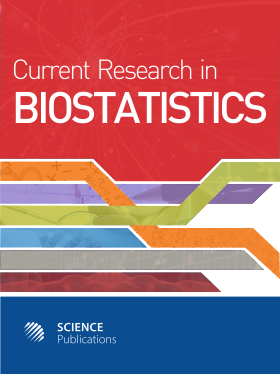Modeling Heterogeneity in Phase II Clinical Trials
- 1 University of Louisville, United States
Abstract
Problem statement: The common assumption in non-randomized Phase II clinical trials is a homogeneous population with homogeneous response. This assumption is at odds with many trials today; a heterogeneous response due to the existence of subgroups. Approach: In order to examine the effects of heterogeneity on the trial outcome, a systematic platform is developed to quantify the range and classes of possible response heterogeneity using a mixed model approach. Five recent methods developed to handle heterogeneity, stratified analysis, beta-binomial models, Bayesian hierarchical models and regression models are compared and contrasted using a set of performance criteria to provide clinicians with scenarios where each method is applicable. Results: All methods require a priori information on the subgroup composition, a limiting factor in most trial conduct. The Bayesian methods require the least amount of assumptions, provide a methodology to share information across subgroups and allow partial subgroup outcomes, but require substantial computational resources and time. The stratified methods provide a simple improvement over the standard phase II Simon design, but lack the methodology to allow for partial subgroup stopping. Conclusion: The heterogeneity model provides a useful tool to model data under a heterogeneity assumption. The proper handling of heterogeneous populations under a Phase II design is a contentious debate; ignoring this fundamental assumption may lead to incorrect trial outcomes. New methods need to be developed which can include the heterogeneity structure in the trial design and allow for partial hypothesis testing.
DOI: https://doi.org/10.3844/amjbsp.2010.9.16

- 6,304 Views
- 3,381 Downloads
- 3 Citations
Download
Keywords
- Bayesian
- over-dispersion
- subgroup analysis
